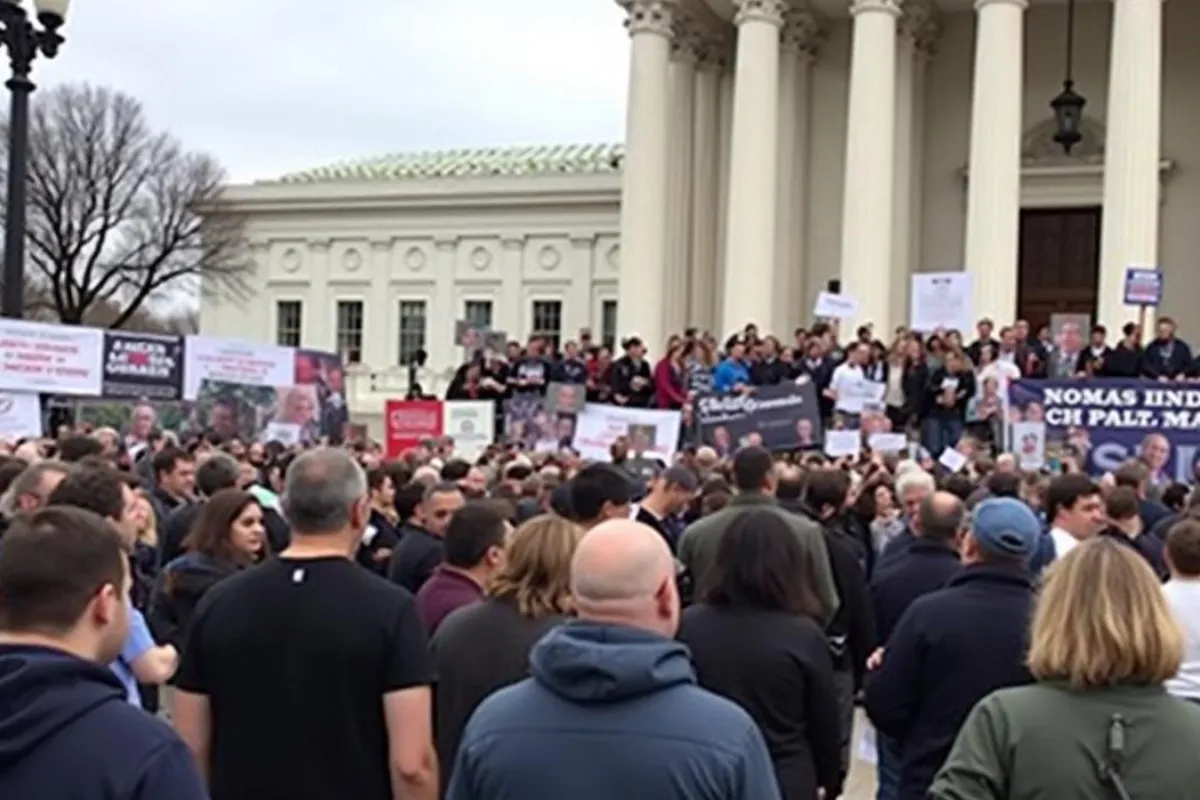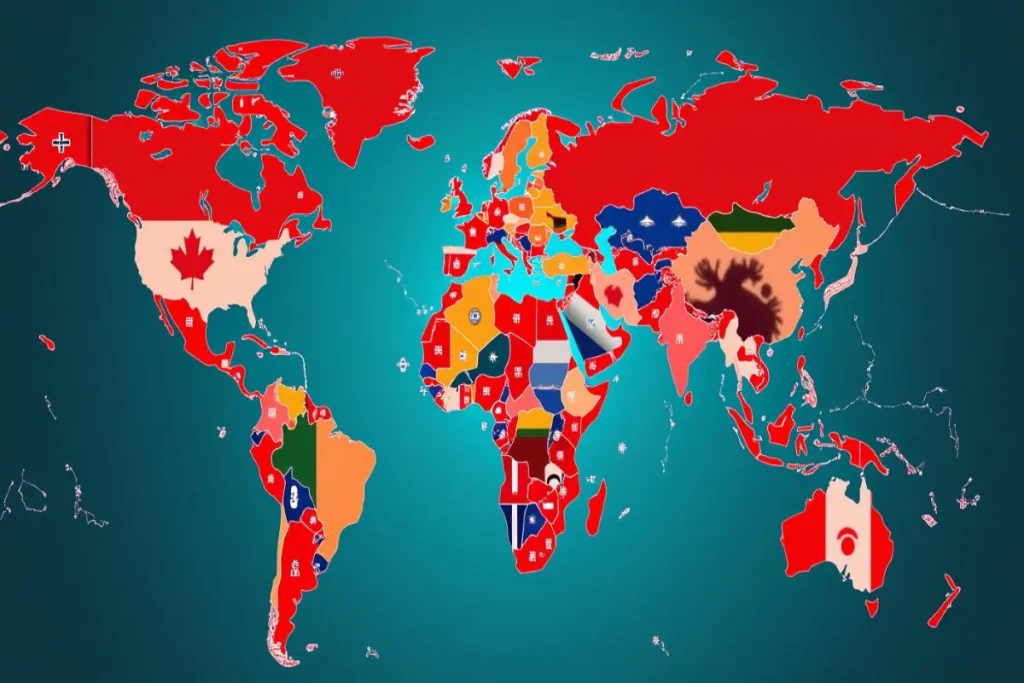Global Alliances Tested Amid Political Changes
This week, significant political changes have tested longstanding global alliances. Nations are reevaluating their commitments, with trade agreements and military collaborations undergoing scrutiny. These shifts could redefine international partnerships.
The emergence of new alliances between developing countries highlights the changing dynamics of global power. Observers believe these adjustments reflect a desire for more balanced representation in global governance.
Key Policy Reforms Announced by Major Nations
Several countries have introduced critical policy reforms this week, signaling a commitment to addressing domestic and international challenges. Environmental policies are at the forefront, with governments pledging stronger action against climate change.
Additionally, tax reforms and social welfare expansions are gaining traction in various regions. These reforms indicate an effort to address economic disparities and provide stability in turbulent times.
Leadership Transitions Shaping Future Strategies
Leadership transitions are a central theme in this week’s political landscape. Recent elections and resignations have brought new faces to power, promising fresh strategies and priorities for their respective nations.
Analysts predict these transitions will significantly impact regional politics, particularly in areas where longstanding leadership styles are giving way to more progressive approaches.
Geopolitical Tensions Escalate in Key Regions
This week saw a rise in geopolitical tensions in critical areas, with border disputes and trade disagreements taking center stage. Diplomatic efforts to de-escalate these situations are ongoing but face considerable challenges.
The growing involvement of international organizations in mediating these conflicts demonstrates the global implications of such tensions. Stability remains uncertain as nations navigate these complex dynamics.

Economic Policies Undergo Significant Changes
Economic policies have been a major focus of political changes this week, with governments prioritizing measures to combat inflation and revitalize growth. Central banks have announced interest rate adjustments to stabilize markets.
Meanwhile, discussions around digital currencies continue to gain momentum, reflecting the evolving nature of global financial systems. These changes could have long-lasting effects on international trade and investments.
Public Movements Driving Political Transformations
Public movements have emerged as a powerful force in driving political changes this week. Grassroots organizations and advocacy groups are influencing policymaking in areas such as human rights and environmental sustainability.
These movements underscore the growing importance of civic engagement in shaping political agendas. Leaders are being held accountable, with protests and campaigns gaining significant traction worldwide.
Technological Innovations Impacting Governance
Technological advancements are reshaping governance strategies, as highlighted in this week’s political updates. Governments are increasingly adopting digital tools to improve public services and enhance transparency.
However, concerns about data privacy and cybersecurity remain pressing issues. Experts emphasize the need for robust regulations to address these challenges while maximizing the benefits of technological integration.
Climate Policies Dominate Global Discussions
Climate policies have taken center stage in political changes this week. Nations are negotiating updated agreements to tackle carbon emissions and invest in renewable energy infrastructure. These efforts reflect a collective push toward sustainability.
International summits have provided a platform for leaders to exchange ideas and strategies. While progress is evident, challenges remain in aligning diverse economic interests with environmental goals.

Legislative Decisions Reshape Social Dynamics
Legislative decisions have played a crucial role in shaping social dynamics this week. Laws addressing issues such as gender equality, education, and healthcare are being enacted to foster inclusivity and support marginalized communities.
These changes demonstrate the power of policymaking in driving societal progress. Advocacy groups continue to push for broader reforms, ensuring that the momentum for change is sustained.
Global Cooperation Strengthened Despite Challenges
Amid the complexities of political changes, this week has seen renewed efforts toward global cooperation. Collaborative initiatives in trade, security, and health are being prioritized to address shared challenges.
These developments highlight the importance of unity in navigating an interconnected world. While obstacles remain, the commitment to collective progress offers a hopeful outlook for the future.
Conclusion
This week’s political changes underline the dynamic nature of global governance. From leadership transitions and economic reforms to public movements and international cooperation, the events of this week will shape the trajectory of the world for years to come. Staying informed is vital for understanding and navigating these transformative times.
Frequently Asked Questions
- What are political changes?
- Political changes refer to shifts in governance, policies, leadership, or international relations that impact nations or regions.
- Why are political changes significant?
- They shape the policies and decisions that affect economies, social structures, and global relations.
- How can I track political changes weekly?
- Follow reliable news outlets, subscribe to political analysis newsletters, or use dedicated apps for real-time updates.
- Which regions experience frequent political changes?
- Regions like Eastern Europe, the Middle East, and parts of Asia often see frequent political shifts due to conflicts and reform efforts.
- What causes major political changes?
- Factors such as elections, public movements, conflicts, economic pressures, and international agreements can drive political change.
- How do political changes affect the global economy?
- They influence trade policies, economic stability, and international markets, often creating ripple effects across nations.
- Can individuals influence political changes?
- Yes, through voting, activism, advocacy, and public discourse, individuals can contribute to shaping political decisions.
- What role do international organizations play in political changes?
- Organizations like the UN and NATO often mediate conflicts, enforce agreements, and influence global political dynamics.
- How do technological advancements impact political changes?
- Technology enhances transparency, enables digital governance, and influences campaign strategies, but also raises cybersecurity concerns.
- Are political changes predictable?
- While some trends and events can be anticipated, political changes often depend on complex and unpredictable factors.



